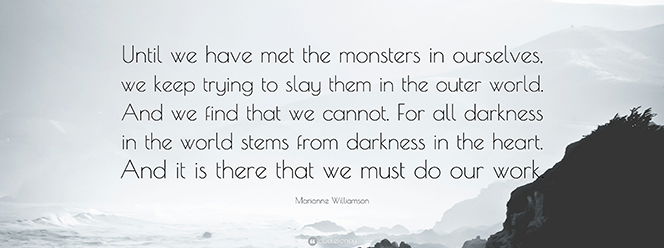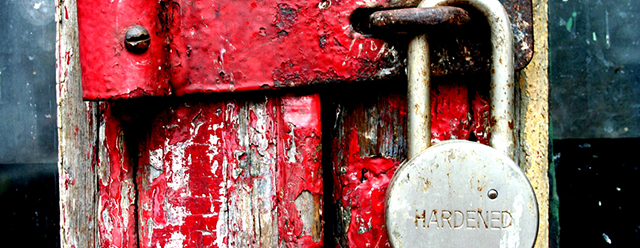
Resolving Our Past

We need to resolve our past, so we can expose our truth and move forward with our lives. We are drowning in our unresolved emotions. Unrecognized, they weigh us down. Depressed by them, we unknowingly hide and mask them.
So often we think our uncomfortable emotions away, doing everything we can not to feel the truth of them. Our rationalizations become what is real to us, and what we feel. What is not comfortable we do not acknowledge.
Disconnected from the truth of our emotions, we become unaware of what we truly value and love, and we find ourselves investing in things that are not right for us. Not acknowledging what we feel, we look to others to validate how we ‘should’ feel, using them to rationalize what we want to feel into ‘reality’.
We need to resolve our past and what is uncomfortable to us, so we can fully live our lives. To do this, we need to be vulnerable with ourselves and with others. This begins with accepting our fear of vulnerability, of intimacy, of our defenses being breached. It’s okay it feels more safe to feel in control and to remain hidden, it’s okay to believe then scary things won’t happen that we can’t handle.
While it is nice to feel we can make predictable our feelings and their magnitude, we simply cannot. At some point, we must surrender to our lack of control. We must hand over the tightly held and relinquish the guarded. Despite what we fear, our hearts will not break, we will not be in mortal danger. We can peer deeply in. We can feel our hurt and survive. We don’t need to protect ourselves from the truth of our feelings. What we need is to drop the mask and to reclaim our vulnerability.
When we don’t explore the emotions we find so uncomfortable, we create conditions that support others in avoiding theirs. Yet when we face our past and our truth, we make it easier for others to the same. There are always reasons why not to feel something, why not to be something, why not to do something. In helping our self take the risk of vulnerability, we release our self from our past and allow our self to move forward with our life. Being what we truly are, we support others in being the same.


